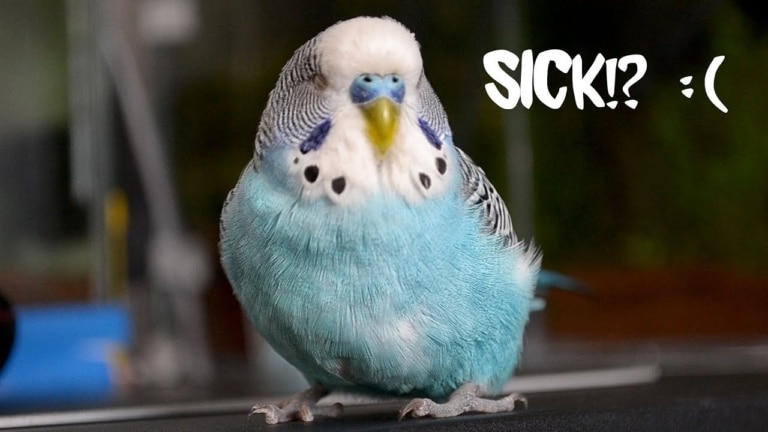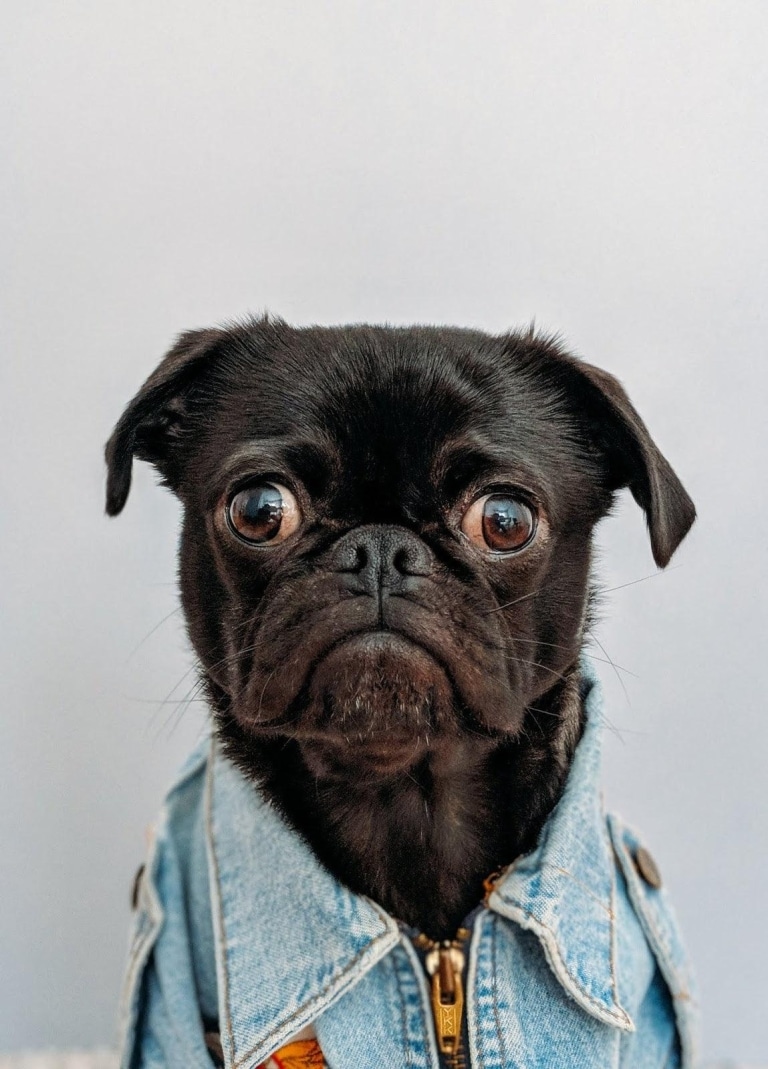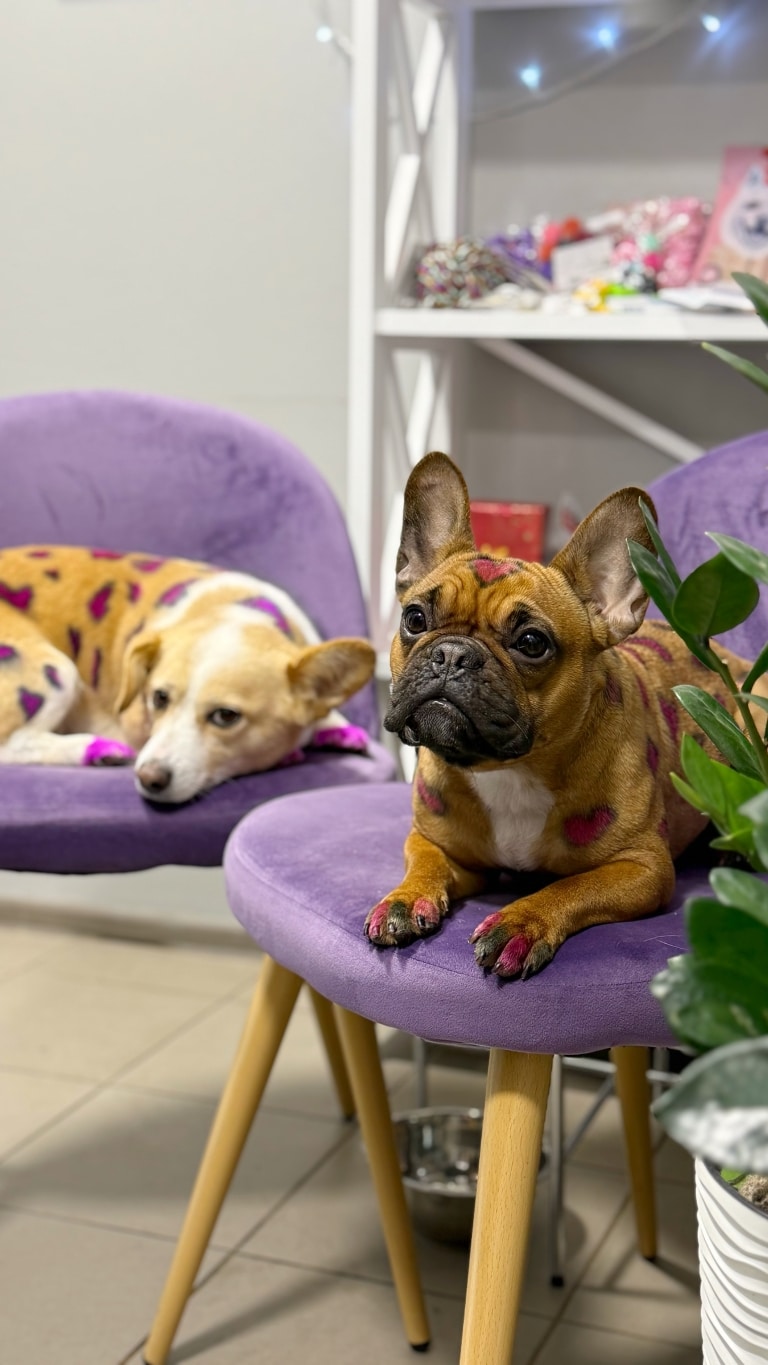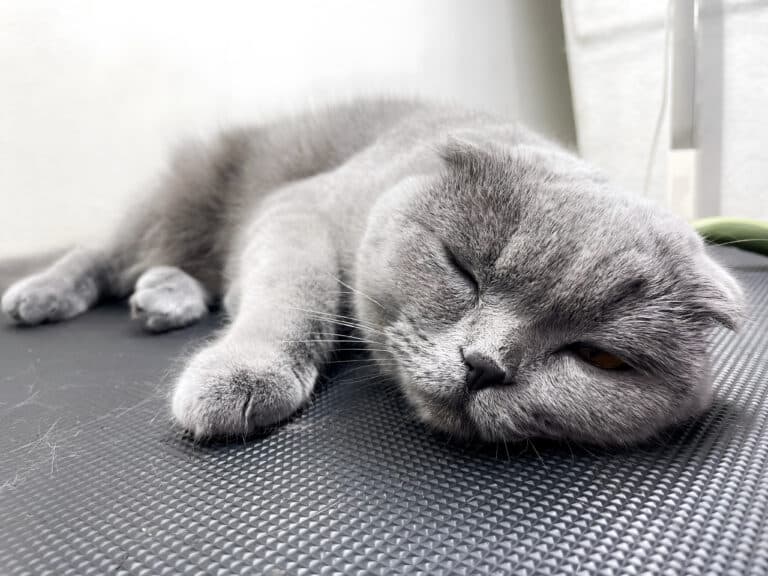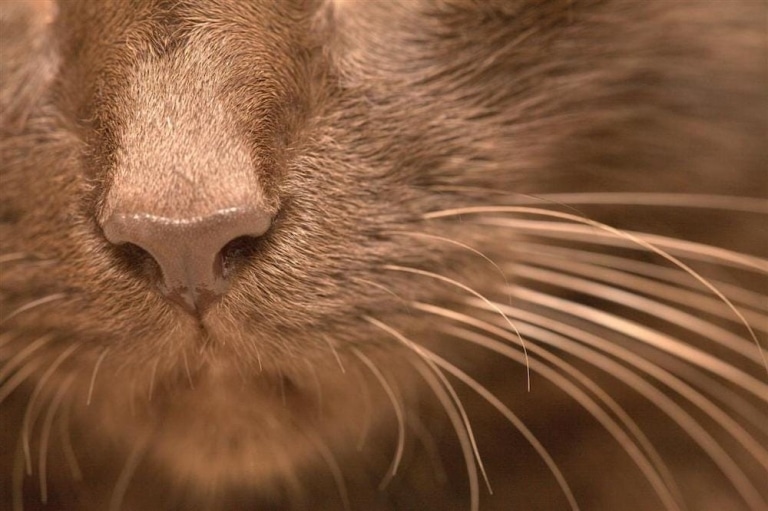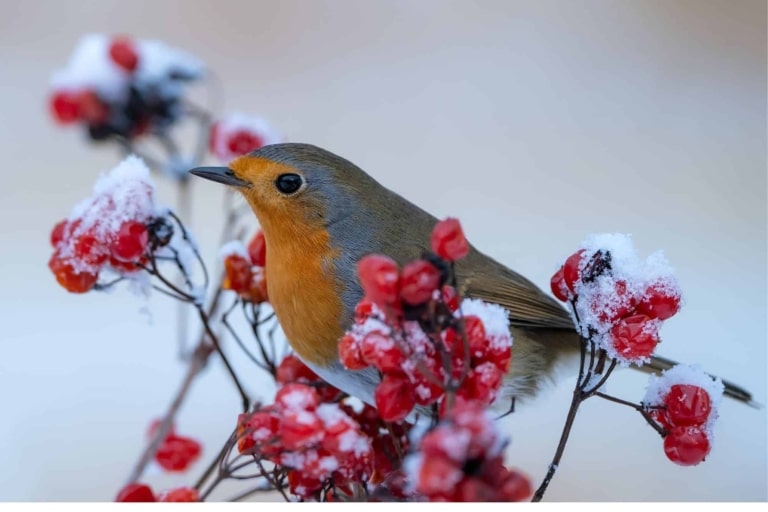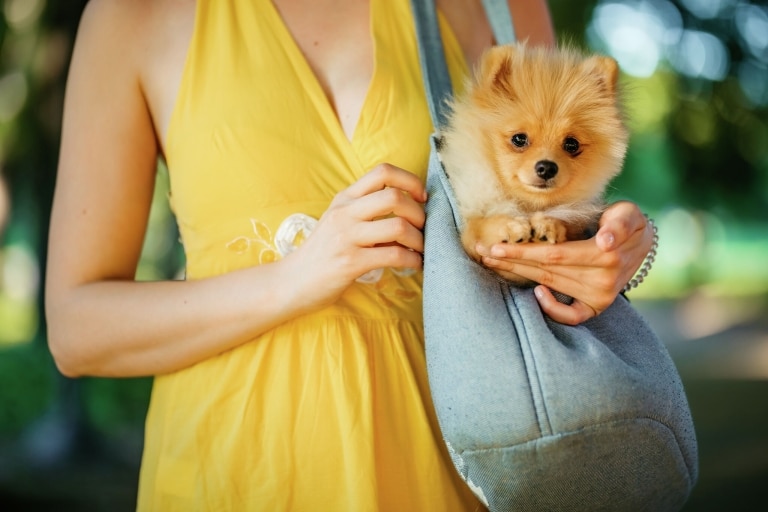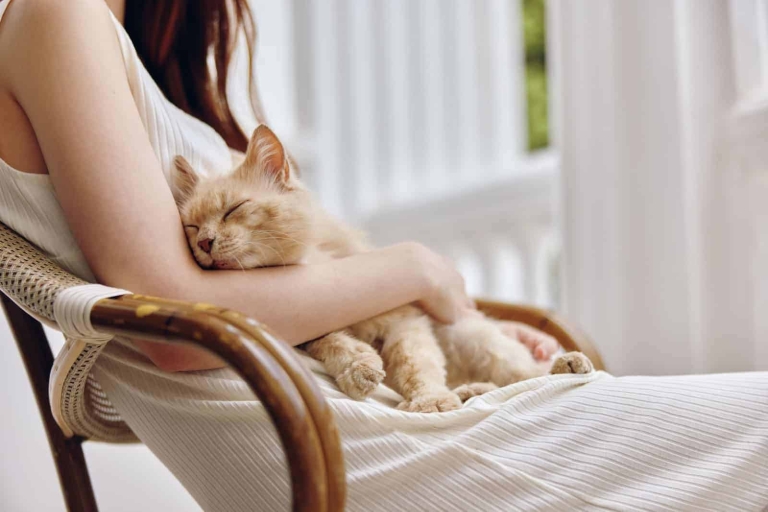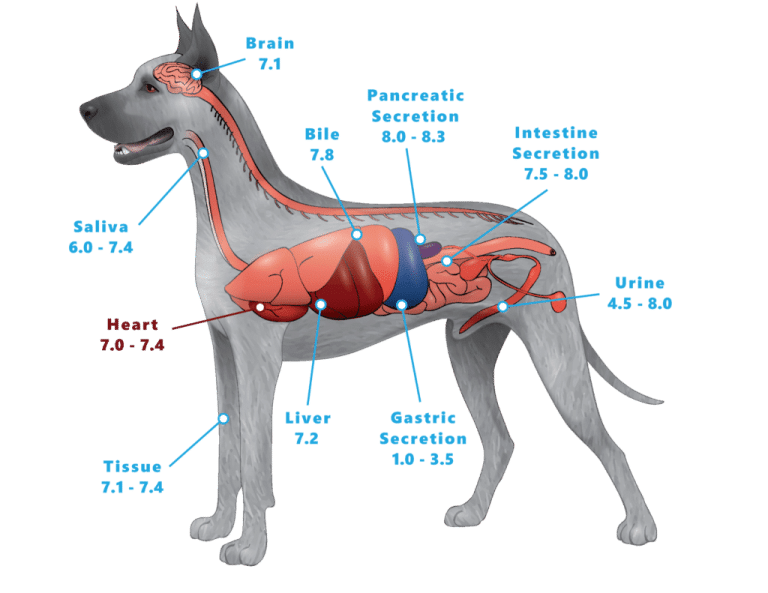Parrots, canaries, cockatiels and other types of pets among birds get sick just like other Fluffy Tails like cats and dogs. Unfortunately, a bird or other pet cannot tell us if it is sick, but every owner can recognize it by certain warning signs. Parrot diseases depend on the causes that trigger them. The initial symptoms of the disease are always easier to treat in the initial stages, because symptoms that were not paid attention to in time can lead to a severe course of the disease. Loving owners should be diligent in caring for their birds and inspect their Friends daily. Daily check-ups are the key to a bird’s life, well-being and health.
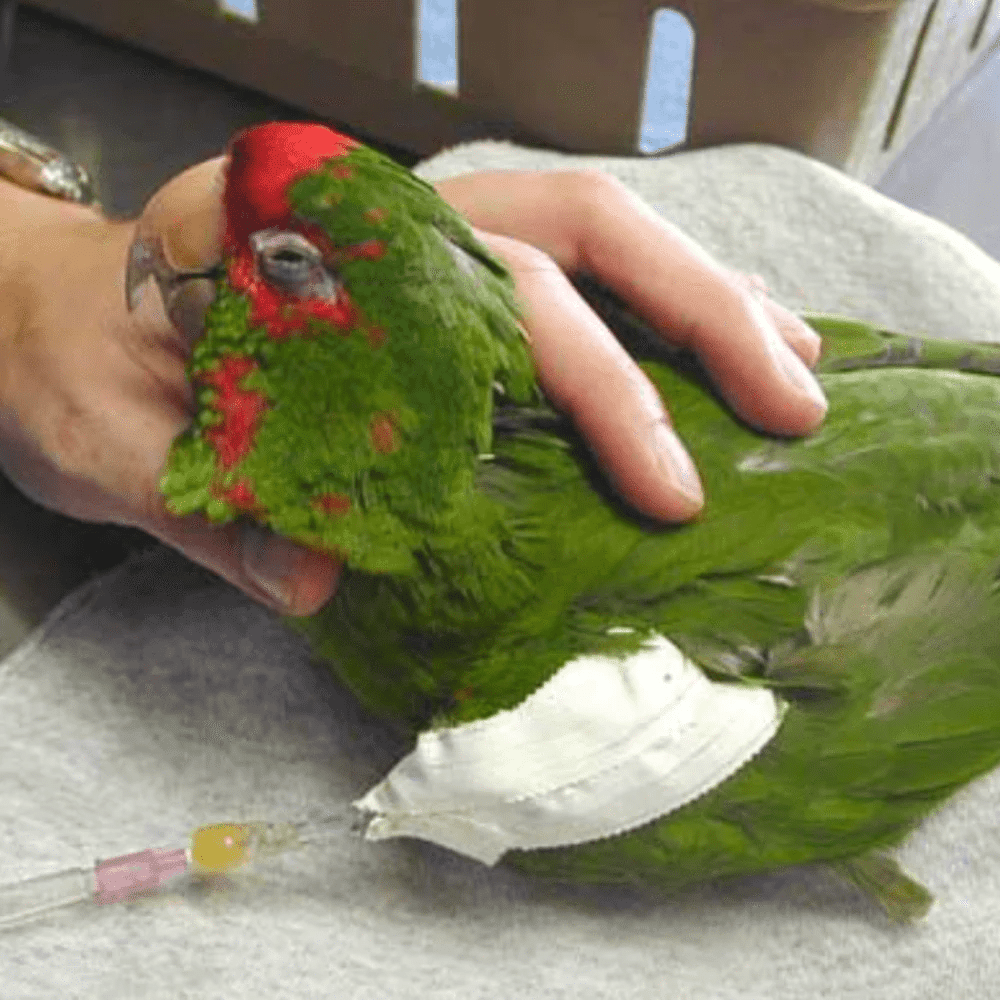
Signs of disease in birds
If your pet bird has started to get sick, you will definitely notice changes in your Pet’s behavior. A healthy bird is active, talkative, has a good appetite, mood to fly, socialize and play. If changes begin to occur in the body, the bird has pain in a certain organ, it is bothered by some other ailment, in this case, all activity of the bird will stop. Bad grain mixture, usually causes digestive disorders. Overcooling and drafts after bathing lead to various colds, and the carelessness of the owner often leads to injuries to the chick.
The main signs of poultry diseases and the first alarming symptoms:
- depressed state and prolonged sleep;
- refusal to eat;
- refusal to drink water or on the contrary strong thirst;
- heavy breathing and wheezing;
- sudden weight loss;
- lack of reaction to the world and sounds;
- lethargy, nausea, vomiting, belching;
- lowered head, shaking of the head;
- sneezing and discharge from the beak;
- limping and cramping of the limbs and the whole body;
- impaired coordination of movements while walking;
- the appearance of tumors and a pungent “bad” odor.
A healthy bird’s eyes are usually clean and clear, with no blurring or tearing or other discharge from the eyes. If you notice tearing, redness, pus discharge in your pet – these are the first alarming symptoms of eye diseases, which should immediately consult a doctor. About the health of the bird will tell you and its beak. In a healthy parrot it is shiny, dry and with dry holes. If you notice discharge – liquid or purulent, if there are cracks, peeling, plaque on the beak and if there are changes in the color of the beak – these are also symptoms of diseases that require immediate hospitalization. Doctors advise to pay attention to the plumage first of all. According to experts, plumage is the most important sign of a bird’s health. Hygiene, temperature and humidity of the place where the bird lives play an important role for the plumage. It is important to maintain a normal humidity and temperature regime in the room, as well as to keep the room properly lit. During the molting period birds have an additional load on the body, for them this period is quite difficult. During this period, a parrot or other pet bird may lose appetite, activity and will be quite powerless and lethargic.
Signs of bird diseases are related to plumage:
- brittleness and separation of feathers;
- ruffling and discoloration of feathers;
- bald patches and baldness on the body;
- bleeding;
- Pollution of plumage with droppings;
- contamination of feathers in the area of the goiter.
Pollution of plumage on the tail and on the body from below indicates diseases of the gastrointestinal tract in birds, and pollution on the goiter more often indicates frequent vomiting and infectious diseases.
Bird droppings are divided into three groups: feces, urate, and urine. If you notice a large amount of liquid in the feces, the presence of bubbles, mucus, blood and an unpleasant odor – these are alarming symptoms. And also if the color has changed to red and diarrhea does not stop, in this case, the bird requires immediate hospitalization. If the bird is not taken to the clinic in time, unfortunately, the case can be fatal.
Urates in birds are usually light colored and more often white. It is worth worrying when the color has changed to yellow or green, because these colors are not considered normal. Normally, urine in birds is transparent, if the color has changed its shade and the urine has become cloudier in consistency, if the amount of urine has changed, which significantly exceeds the norm – it is worth taking the animal to a veterinary clinic.
Signs of bird diseases that can be recognized by the paws:
- the appearance of growths, cracks and peeling;
- redness of the paws; redness of the paws;
- swelling of one or both paws;
- epidermal crusts on the bird’s feet;
- bumpy paw skin;
- limp limbs.
How to help the bird to overcome the disease
Unexpected colds and drafts can provoke respiratory disease in a parrot. If another winged Friend lives together with a sick one, in this case it is better to separate them and isolate them from each other for a certain period of time. In respiratory diseases, vitamins and antibiotics should be administered to treat the bird. However, such treatment is prescribed by a veterinarian and it is better not to start treatment without the right medication. If there is a suspicion of gastrointestinal tract disease, the owners should definitely take the bird’s droppings for analysis. It is recommended to give the bird oatmeal decoction, but it is best to contact the clinic in time, because in diseases of the GI tract birds lose weight and the body is dehydrated. With prolonged constipation, the parrot will shake its tail. In this case, it is necessary to immediately introduce castor or Vaseline oil into the parrot’s beak. The cause of constipation in birds is usually bad food and parasite infestation, so it is best to contact a qualified veterinarian. With food poisoning, parrot owners can support their winged parrots with absorbents, and it is also necessary to flush the goiter. Unfortunately, doing this at home is quite difficult and can only harm the winged one. With mineral metabolism disorders, your parrot can lose its beautiful appearance and bright plumage. The owners should revise the parrot’s diet and add to it quality grains, greens, sprouted grain and various vitamins and mineral supplements.
To avoid alarming symptoms and diseases, as well as for the timely prevention of diseases, hosts should adhere to certain rules. It is worth remembering that temperature, lighting and humidity are key factors in the development of the first symptoms. These three factors should always be normal. Cleanliness of the cage and constant cleaning of the cage is an obligatory daily hygiene. The quantity and quality of food and vitamins must be monitored, and the water must be changed to clean water every time. If necessary, we perform parasite prophylaxis.
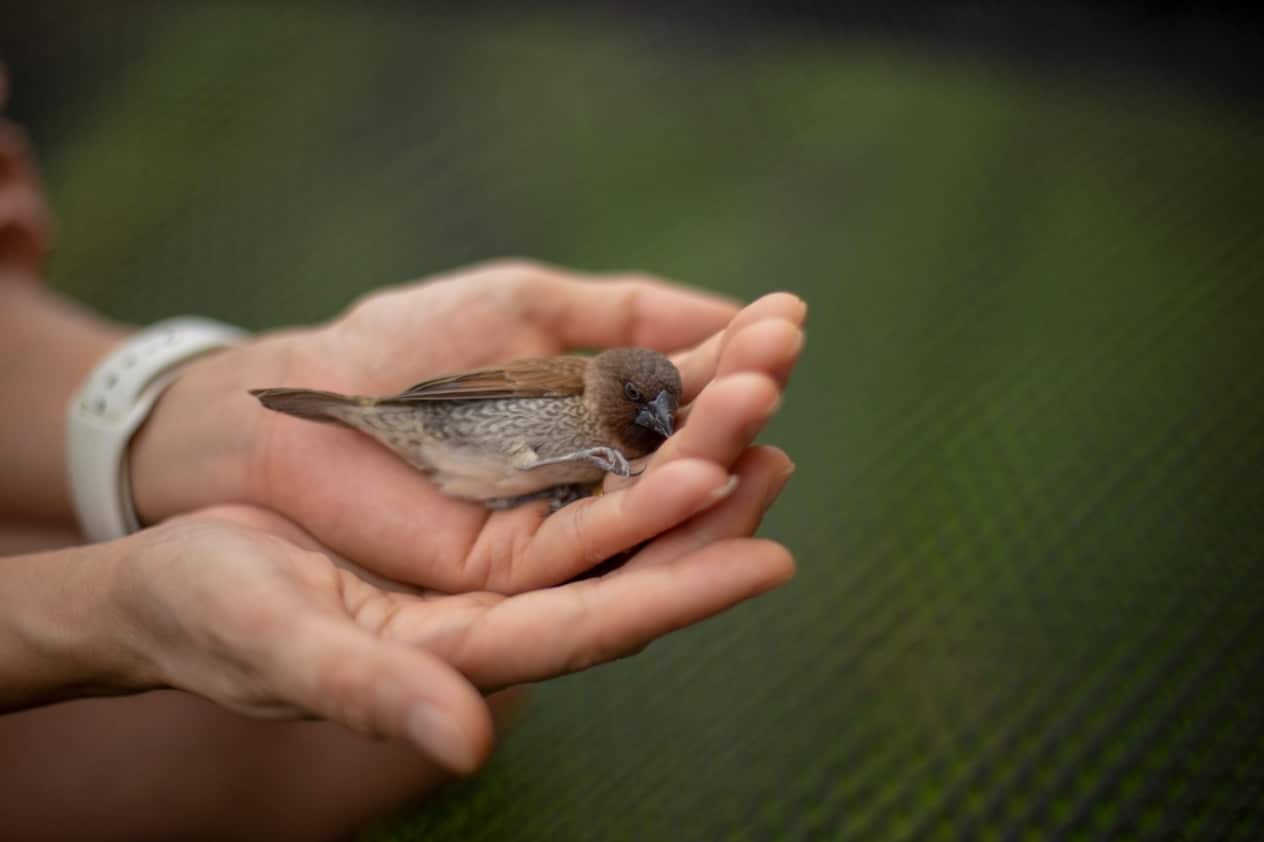
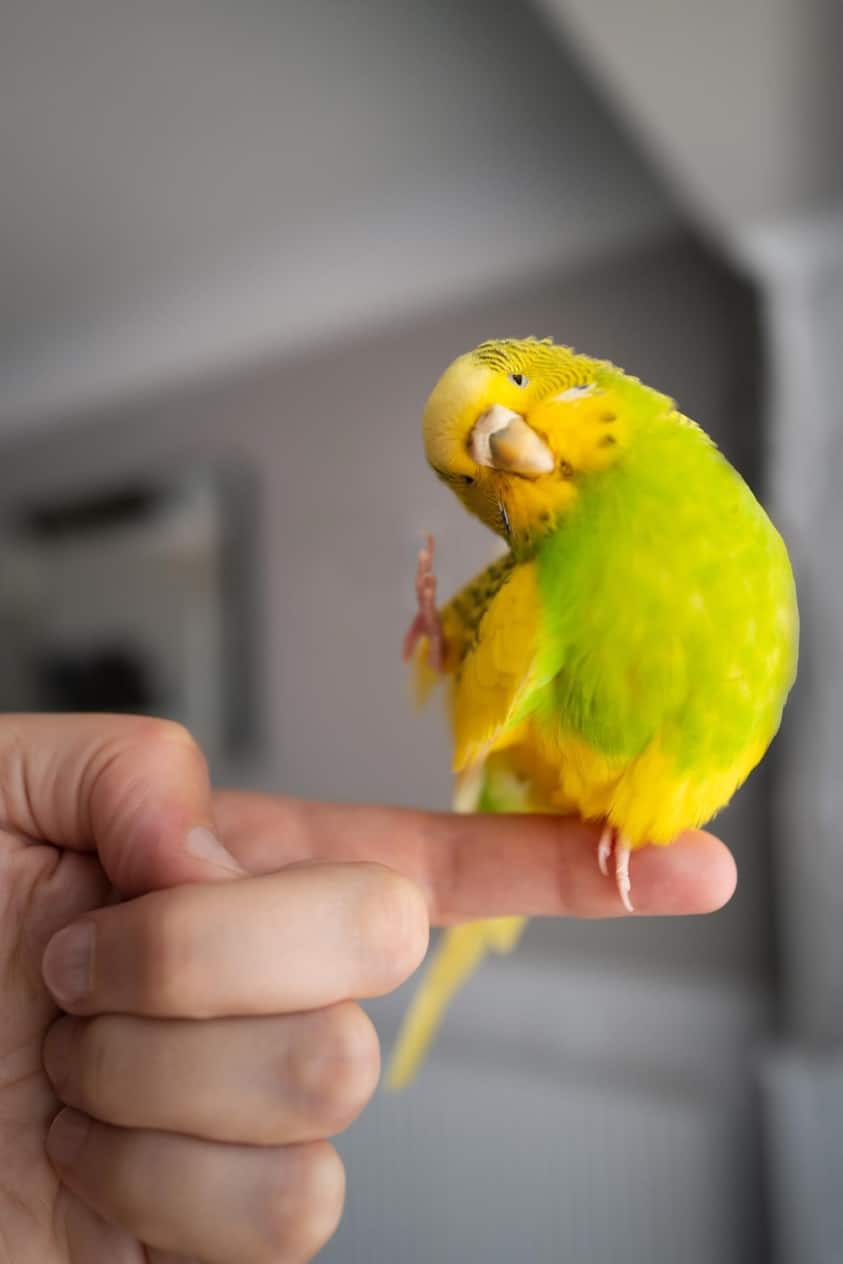
Love, care and daily care, quality food, clean water and a clean cage – these are necessary factors that influence the health of our birds. Remember that in case of the first “unclear” symptoms you should contact a specialist. Doctors – ornithologists will provide timely and quality treatment to the bird, you will save valuable time and save the life of your pet in case of disease. All attempts at self-treatment are ineffective and lead to a fatal outcome. It is best to go to veterinary clinics to specialists. We wish you and your Winged Parrots good health!

